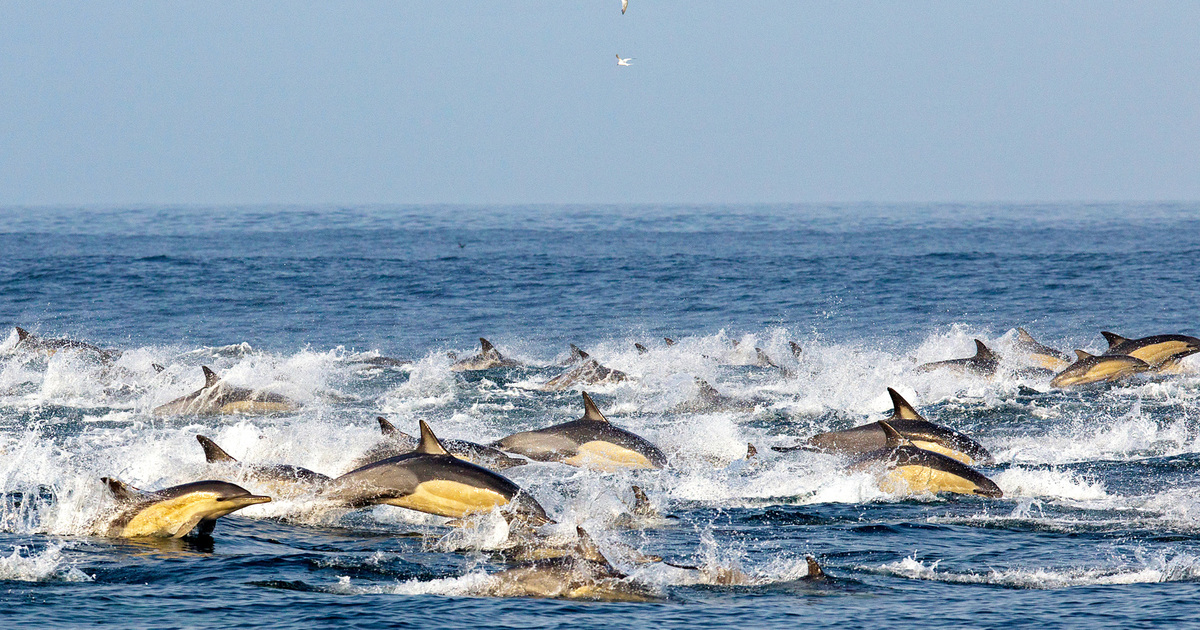
Africa’s marine ecosystems are in trouble
Human activities pose an existential threat to the health of marine ecosystems around the world, and Africa is certainly no exception.
Along the Kenyan coastline for instance, the busy ports of Mombasa and Lamu disrupt the migratory routes of marine species, destroying critical foraging and breeding grounds of sea life. Marine megafauna, including sea turtles and marine mammals, are impacted by oil discharges and underwater noise pollution and die from ship strikes. In addition to threats posed by fishing activities, increasing plastic pollution alters seawater chemistry by making it more acidic, diminishing its carbon-absorbing capacity.
In-shore waters host about 90% of East Africa’s marine biodiversity, including coral reefs, seagrass meadows, and mangrove forests. These habitats provide food security for coastal communities and act as a natural buffer against storms and floods. Unfortunately, we’re losing critical beaches to the ever-increasing infrastructural development along our coast. Protecting waters closer to the land is vital for human livelihoods and marine life.
That’s not to underestimate the role of offshore protected areas. Humpback whales utilise the warmer offshore waters of East Africa for calving and need vast seascapes to thrive. The carbon capture capacity of whales is astonishing; one great whale sequesters around 33 tonnes of carbon dioxide on average while a tree absorbs only around 0.02 tonnes of carbon annually.
Sadly, many countries, especially those on the African continent, do not have the resources available to effectively protect offshore marine areas. Many such areas remain threatened by overfishing and mining and oil exploration, so conserving these marine ecosystems by gazetting them right now must be a priority for governments. The development of protected areas on the open ocean would also align with the global target to protect 30% of the planet by 2030.
Limited capacity to carry out marine research and disseminate information are significant obstacles to effective ocean management in the Global South. When research is done, as was the case earlier this year when Kenya conducted its first marine megafauna aerial survey in nearly three decades, it is critical that governments invest in the implementation of recommendations from that research. Policymakers and managers of ocean resources must be trained and equipped to develop national marine spatial plans to provide robust guidelines for permissible ocean activities.
